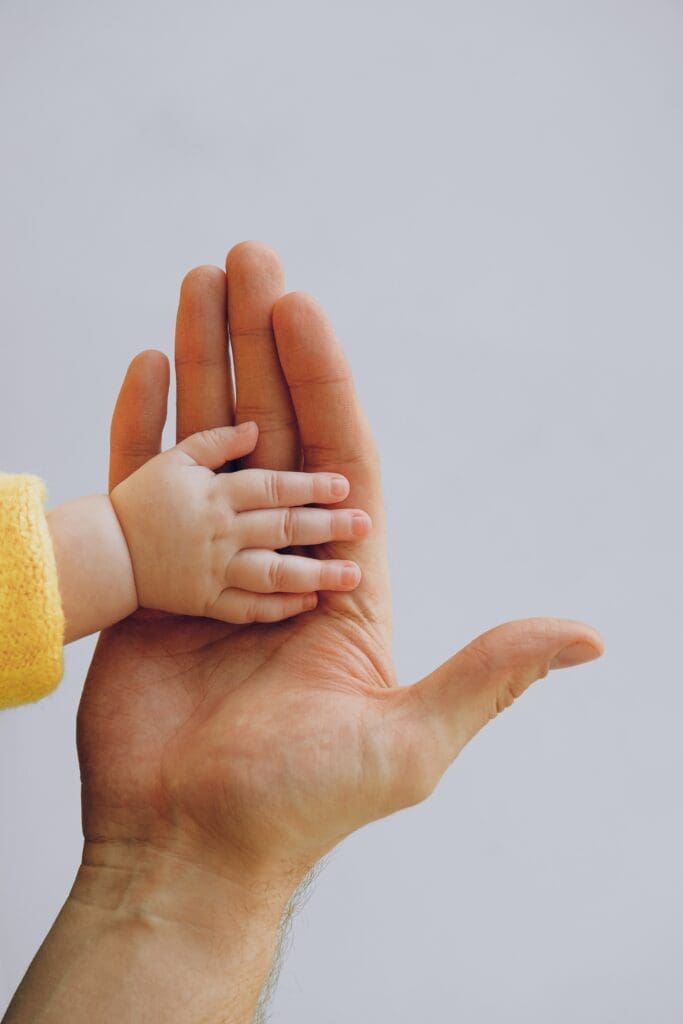Co-parenting With an Alcohol Abuser
Alcohol abuse is a factor that can lead to a Pennsylvania divorce. For former couples who have children and wish to co-parent, alcohol abuse might pose an additional challenge as it can constitute a risk to the children’s safety when a parent is under the influence of alcohol.
How Is Alcohol Abuse by a Parent a Risk to the Children?
Taking care of children is a demanding job. The adult responsible for the children’s well-being should be constantly aware of what the children are doing, what they need and what must be done to keep them healthy and safe. A parent who is responsible for the children but is under the influence of alcohol might not be able to fulfill those responsibilities. Instead, the children’s safety is put at risk. Some of the risks the children might be exposed to include:
- Lack of adult supervision
- Exposure to unnecessary and dangerous situations
- Increased chance of suffering from child abuse or neglect
- Riding in the car while the parent is driving under the influence of alcohol

How to Deal With Your Concerns
In most cases, it is considered beneficial to the children if both parents are involved in their lives even when those parents are divorced. However, considering the increased risks that can lead to harm for the children when a parent struggles with alcohol abuse, you might be confused about how to address this when you are trying to set up a co-parenting relationship.
It may be a good idea to speak with your divorce lawyer and share all your concerns. You should also keep clear records of any time the other parent was inebriated and where you felt their alcohol abuse could have posed a risk to your children’s safety. This can all be done in preparation for seeking legal channels to keep your children safe, particularly during a separation or divorce where the parents might be potentially sharing custody.
What Is Your Legal Recourse?
While you might want to continue supporting the relationship between your children and their other parent, you will also want to continue keeping them safe. You can work with your divorce lawyer to do this. As part of your custody agreement, you can request monitoring for the co-parent who struggles with alcohol abuse. Ideally, you want your co-parent to admit to the abuse, if they have not done so, and to seek a way to control it. Some of the ways a parent can be monitored for alcohol abuse include:
- Participating in a 12-step rehabilitation program
- Working closely with a sponsor who can support them in their journey to sobriety
- Submitting to random testing completed by a third-party
- Using Soberlink, a breath test machine that uses facial recognition and can send the results immediately to the other parent or an ankle device that measures the use of alcohol
- Using an interlock device, which measures the use of alcohol before allowing the person to drive their vehicle, whenever the parent will be driving with the children
Supporting Your Co-parent Through Their Journey to Sobriety
Getting sober can be full of challenges. As a co-parent who wants the best for their children, you might want to support the addicted parent through the journey, encouraging them to take the necessary steps towards sobriety. However, you should also expect that there might be relapses and that those can continue to pose risks to the children. Keeping your divorce lawyer up to date with any developments is important as part of documenting the issues that might make monitoring necessary.
Dealing with a co-parent with alcohol abuse issues can be challenging. Finding a Pennsylvania divorce attorney who can support you and understands that your family is your priority might help you cope with the problems that alcohol abuse creates. Contact us at the Law Office of Joanne Kleiner for a confidential consultation. You can call us at 215-886-1266 to make an appointment to visit our Jenkintown offices.